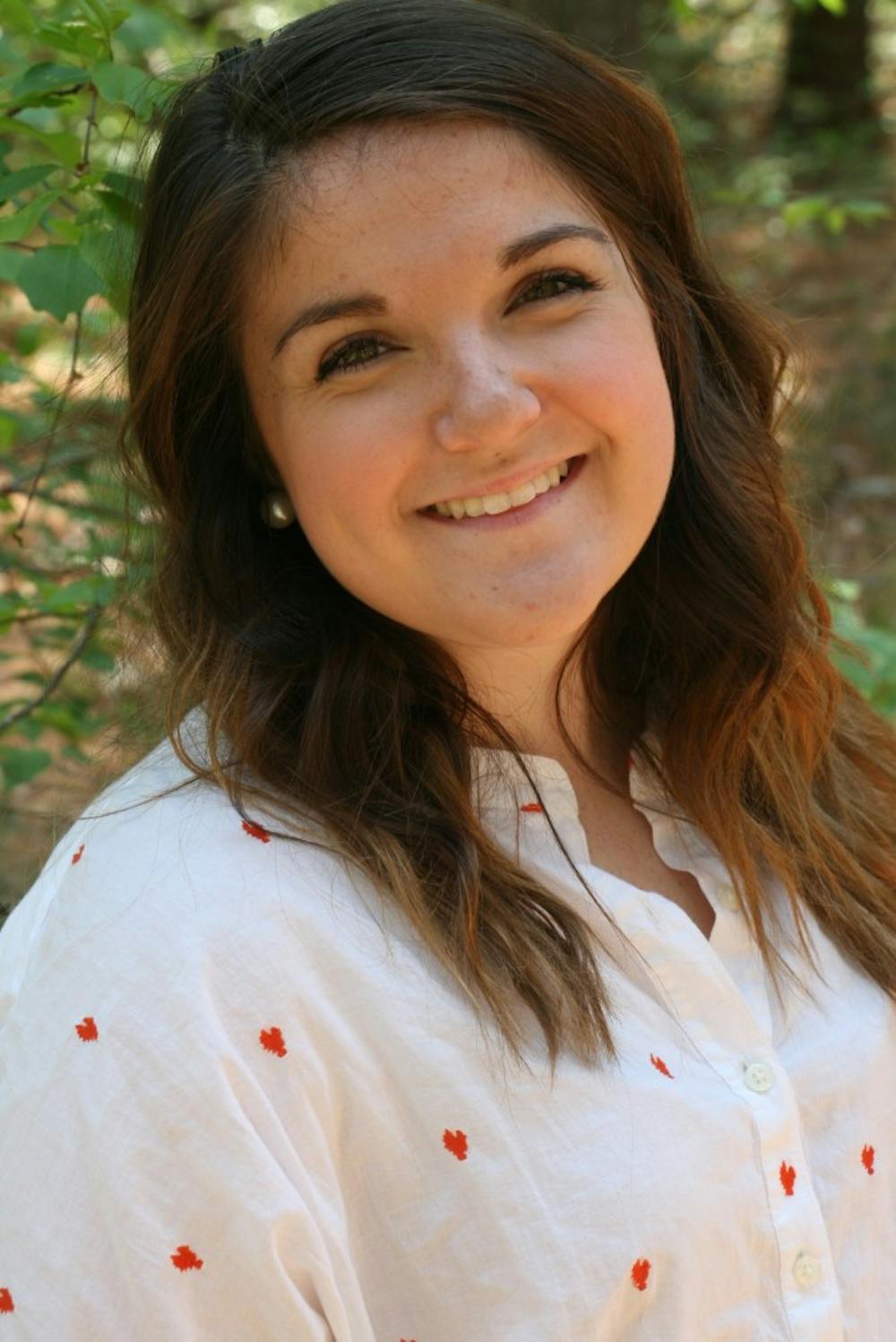There is a common, rather cliche saying that goes something like “you don’t know what you don’t know.” This is true for many things, but I find it especially fitting to describe home towns. Small towns are comfortable and unquestioning and their homogeneity never makes you think twice about what you say or do. I grew up on the beautiful man-made island of Cape Cod, which is connected to “the real world” by only a bridge and a canal of self-containment. I traveled somewhat and made little escapes from my island, but I was never really told what would happen when I left for good.
Since I’ve been home this summer, I’ve been asked on two separate occasions by other women if I am a feminist. Their words were rooted in genuine curiosity and the puzzled look on my face must have conveyed the same feeling.
“Are you not?”
Perhaps it was an unfair way to respond, but maybe I was more unprepared for their question than I should have been. I soon realized the possibility that what we considered to be a feminist differed in connotation. Therefore, I explained what I believed to be true and then asked them what they thought. The reactions differed, discussions were had and new, unrelated trivial topics were explored.
Through it all, these conversations never left my mind. The longer I was home the more I understood what it meant to be a part of the elusive entity known as “the real world” that I had spent all my life dreaming of. I realized that as a citizen it is my responsibility to question everything that I know, to take nothing at face value, and to care enough to speak out. The lens through which I saw the world had changed. Its tint had lightened a little and let in some new perspectives, and it was no longer the same shade commonly used in my town.
This was a little unsettling because I now questioned everything about what I said or what I did. I didn’t know how to navigate the difference between who I had been before college and unveiling who I had become since leaving. It was in these moments that I was most unsure of myself. I had transformed back into the timid bystander who resented the sound of her own voice because she didn’t think she had any right to use it.
To be argumentative and to question the dominating opinion was to be a loud, bossy female and no one before had told me that that wasn’t a bad thing. So I often said nothing. My silence was the manifestation of the misogyny that bred in my classrooms and convinced me that I wasn’t qualified to hold opinions.This was the identity that I held during high school and it is the one that often reappears when my confidence shakes and I have no support to stabilize it. During those four years I was mostly unaware of what I believed to be true because I hadn’t been exposed to certain sides of different stories. It is not to say that those ideas were always false but rather that they were based in one perception of reality. It was a reality that was shrouded in privilege and the only one I had ever known.
At AU, I found a voice, an opinion and friends who convinced me that I was allowed to hold both of these things close. The transition from allowing myself to form my own opinions to possessing the boldness to share them was hard and painful, yet so rewarding. However, being home again has taught me that this process is unceasing. In fact, re-experiencing the status of my self-confidence during high school has only reaffirmed my commitment to unapologetic boldness.
Each conversation with someone who doesn’t see the world exactly as I do reminds me that I have been exposed to something besides the unmarked brand of ideas that are sealed tight within my town. Someone may not think of a feminist in the same way as I do, but now I have the confidence to talk about it because I no longer have to question if I am allowed to do so. My arguments or conversations are now based in love for the other person, which has allowed me to engage openly and directly with them. I no longer fear going home, but rather I welcome the challenge.
To me, home was a place I thought I had nothing left to learn from, but each day it teaches me something new about itself and the person I’ve become. At school it can be easy to surround yourself with like-minded people and when disagreements do arise it is simple to disconnect from them or avoid confrontation. However, in a place populated with people who know you well, it can be daunting to do anything but accept the norm, yet this is where you best learn how to converse not for the sake of proving a point but for the exposure of new ideas.
If you have the opportunity to go home do it, even if it’s for one last time. Discuss new ideas or thoughts that can’t stay sealed behind your teeth but be willing to hear new ones as well. Be vocal about your opinions even if you’re the only one. Defy the norms that you had been socialized to accept and welcome the backlash, it’s another way to understand and delegate. Remember who you were and show people all that you are proud to be.
Julia Gagnon is a sophomore in the School of Public Affairs.





